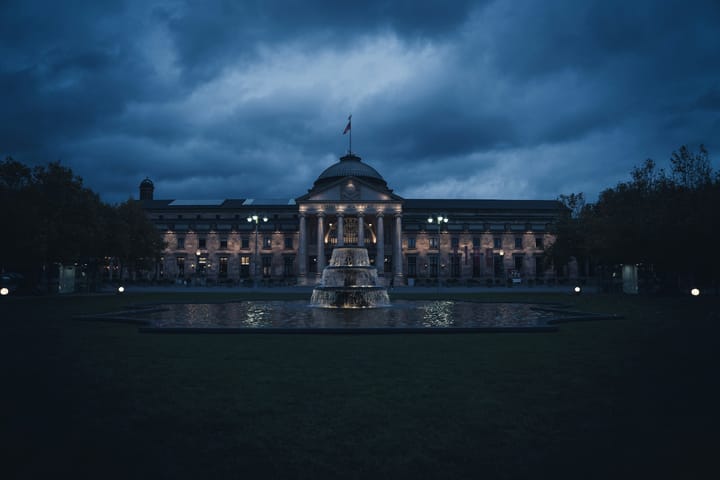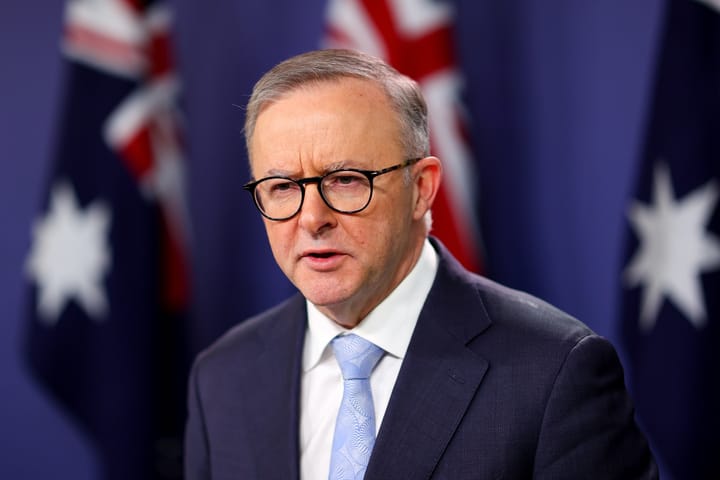$45 million in pageantry, 6,500 troops, and 25 Abrams tanks—while 7.7 million Americans lose Medicaid.
The shadow of 25 Abrams tanks will soon fall across Washington's streets. Not for national emergency. Not for external threat. For a birthday party. Donald Trump's 79th, to be precise, conveniently aligned with the Army's 250th anniversary celebration. The Pentagon estimates the Putinesque spectacle will cost American taxpayers between $25 million and $45 million—excluding the inevitable road repairs that will follow 70-ton war machines grinding across D.C. asphalt.
This military display fetish is well-documented. Trump's 2017 Bastille Day visit to France triggered an obsession with replicating such pageantry on American soil. The initial $90 million proposal was deemed too costly even for his first administration. But persistence pays off in politics. The June celebration will deploy 6,500 troops, 150 vehicles, and 50 aircraft—a martial assemblage reminiscent of regimes that traditionally use military parades to compensate for democratic deficits.
Meanwhile, in the formerly hallowed halls of Congress, Republican lawmakers advance Trump's self-proclaimed "Big Beautiful Bill," projected to add a staggering $4 trillion to our national debt—already at $36.2 trillion and 127% of GDP. The message is unmistakable: fiscal discipline applies only to the vulnerable, never to vanity projects or tax benefits for the well-connected.
As House committees worked through the night, they approved slashing Medicaid coverage for 7.7 million Americans and repealing green energy initiatives. The Congressional Budget Office projects $715 billion in "savings" from healthcare cuts alone. Yet somehow, between approving these massive reductions in safety net programs, Republican lawmakers found time to eliminate the longstanding $200 tax on firearm suppressors, a century-old regulation dating to the 1934 National Firearms Act.
House Speaker Mike Johnson insists his party will deliver this legislative package to Trump's desk before Memorial Day, despite growing fissures in his narrow majority. Moderate Republicans from coastal states resist SALT deduction limits while hardliners demand deeper spending cuts. Representative Ralph Norman of South Carolina distilled the fundamentalist view: "I'm trying to get the math in order to get this country back on track, financially. And it just hasn't happened."
When viewed alongside the budget negotiations, a disturbing (if familiar) pattern emerges. The budget would block Medicaid funding from Planned Parenthood, even in states where abortion is illegal, preventing low-income women from receiving essential services like cancer screenings. Representative Lizzie Fletcher's amendment to preserve this funding was summarily defeated. Representative Frank Pallone captured the underlying strategy: "Why are we just talking about numbers, how much we're going to save to pay for these tax cuts," instead of crafting policy based on sound healthcare principles?
The tax code revisions similarly focus benefits upward. The $1.4 billion decade-cost of repealing the suppressor tax feeds into a larger pattern of prioritizing narrow interests over broad financial stability. Representative Mike Thompson, a combat veteran and gun owner, cut through the pretense: "This has nothing to do with hearing protection, but everything to do about making money for one segment of the gun industry."
This is America, reconstructed: debt-burdened but free to purchase untaxed silencers; stripped of healthcare but treated to military pageantry; economically precarious but assured that the spectacle will continue.
The tanks will roll. The vulnerable will suffer. The wealthy will prosper. And somewhere between the gleaming treads and the committee votes, the concept of government by and for the people continues its quiet retreat.
The Index is a reader-supported, indie publication.
Now, more than ever, the world needs an independent press that is unencumbered by commercial conflicts and undue influence.
By taking out an optional founding membership, you can help us build a free, accessible, independent news platform firewalled from corporate interests.



